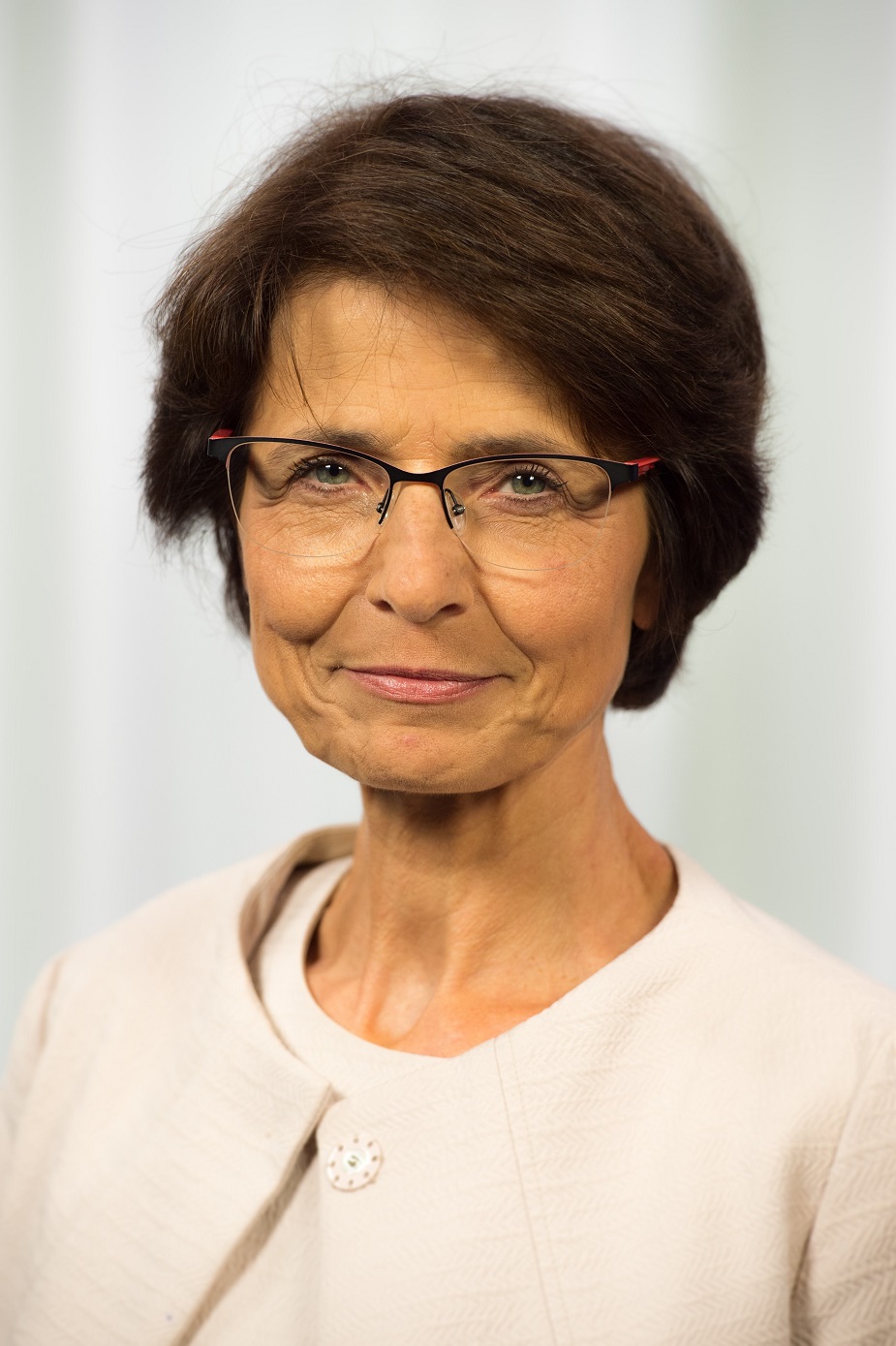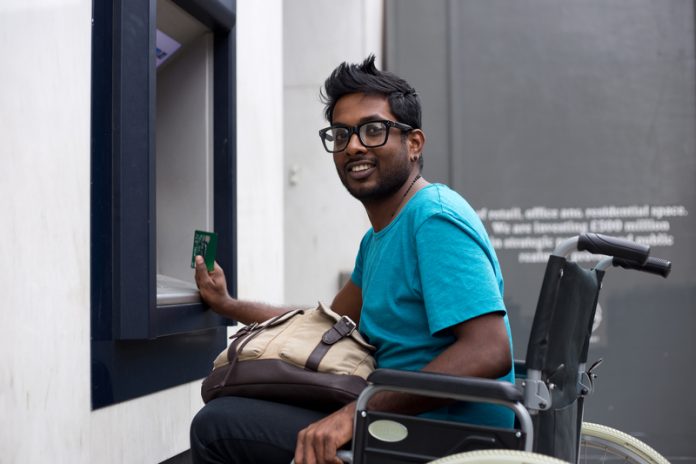European Commissioner for Employment, Social Affairs, Skills and Labour Mobility, Marianne Thyssen, explains why accessibility is important for all citizens
The European Commission’s recently published Progress Report on the European Disability Strategy 2010-2020 shows that the European Union is on the right track. Ten years ago, the UN Convention on the Rights of Persons with Disabilities was adopted and ever since, the rights of people with disabilities have been gradually reinforced in all EU Member States. The rights of EU citizens have also been strengthened in cross-border situations. The 2011 Directive on the application of patients’ rights in cross border healthcare has facilitated the access to medical care for people with disabilities. Eight EU Member States are also developing a system of mutual recognition of disability statuses via the EU Disability Card, which will ensure equal access to specific benefits, mainly in the areas of culture, leisure, sport and transport. The European Commission has also recently proposed to coordinate long-term care benefits between EU Member States.
But despite these achievements, challenges remain. As the EU population is getting older, the number of Europeans with disabilities is rising significantly, and their employment rate remains much lower than the one of people without disabilities (48.7% vs 72.5%). In addition, 30% of people with a disability are at risk of poverty or social exclusion in the EU, compared to 21.5% of people without disabilities.
Accessibility
One of the main challenges relates to accessibility. In 2020, it is expected that 1 in 5 Europeans will experience a degree of disability. Many everyday services and products have already become digital. They offer new opportunities for people with disabilities to take part in society and in the labour market on an equal basis with others.
Indeed, technological innovation harbours a great potential of supporting social inclusion. But this will only happen if new products and services also have the necessary accessibility features. Otherwise, there is a real risk that technological innovation creates new inequalities between people.
We need to act now and we need to act together. Accessibility is not an option. It is a right and a necessary investment in our future. But it does not happen overnight: it is an ongoing process which adapts as new products, services and infrastructures are developed.

Crucially, it requires political will. The Commission has therefore put the matter at the top of its agenda. The recently adopted European Web Accessibility Directive will finally bring accessible public websites and mobile apps. But more remains to be done and I have proposed the European Accessibility Act to step up accessibility beyond the public sector. The proposal has been identified as a priority file by the Council and the European Parliament and discussions are currently in full swing.
The Accessibility Act makes use of the full potential of our single market to trigger real change in people’s lives. It sets common European accessibility requirements for key products and services, in order to step up accessibility and prevent further market fragmentation.
Take a practical example: automatic teller machines (ATMs) used in banks are regulated in some member states, for example as to their height. Did you know that a height considered accessible in France or in the UK is considered inaccessible in Austria?
This is just one example of a product where a lack of common standards is acting as a brake to the internal market. How can we encourage SMEs to invest and create jobs in the face of 28 diverging rules? Can we really expect European research centres and universities to pursue innovative solutions if they have to deal with different national and sectorial rules?
The Accessibility Act will lead to a larger market for accessible products and services at more competitive prices. That’s good for business and for consumers. We can’t afford to waste this opportunity to live up to our common commitment.
The commitment of national, regional and local authorities, as well as businesses and civil society organisations, will be essential to achieve decisive progress. It is only by pooling our efforts that we can make the full and equal participation of people with disabilities a reality.
Marianne Thyssen
European Commissioner for Employment, Social Affairs,
Skills and Labour Mobility
European Commission
www.ec.europa.eu/commission/commissioners/2014-2019/thyssen_en











